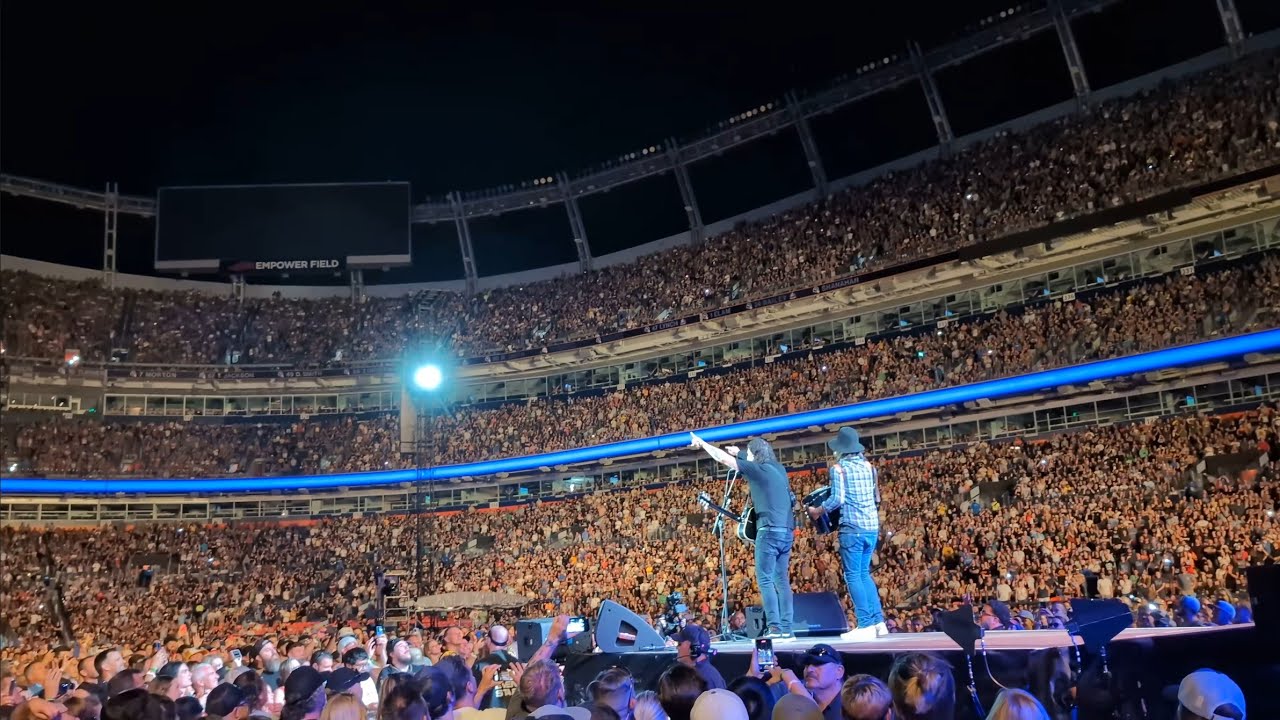In a whirlwind of music and politics, a recent rally in Arizona featuring President Trump has sparked a heated controversy involving the iconic band, Foo Fighters, and their song “My Hero.” The rally, buzzing with political intrigue, saw Trump introducing Robert F. Kennedy Jr. onstage, only hours after Kennedy announced the suspension of his independent presidential campaign in swing states.
The rally, held in Phoenix, was a spectacle that showcased a surprising political alliance between Trump and Kennedy. As Kennedy made his entrance, the crowd was electrified by the playing of “My Hero,” a choice that seemed to underscore the dramatic nature of the event. However, the use of the song quickly ignited a dispute when the Foo Fighters claimed they had not granted permission for its use.
Following the rally, a social media post on X questioned whether the Foo Fighters had allowed Trump to use their song during Kennedy’s introduction. The band’s response was unequivocal: “No.” They further clarified their position, stating that “Foo Fighters were not asked permission, and if they were, they would not have granted it.” This stark denial suggested a disconnect between the band’s stance and the atmosphere at the rally.
In defense, the Trump campaign countered by asserting that they had legally obtained the rights to use the song through BMI’s Songview service, a platform that licenses music for public performances. This claim was backed by documents reviewed by The Independent, which confirmed the licensing arrangement. A spokesperson for the Trump campaign stated, “We have a license to play the song,” emphasizing that their use of the track was within legal bounds despite the band’s objections.
The Foo Fighters’ reaction didn’t end there; in a move that added another layer to the controversy, they announced that any royalties from the song’s use at the rally would be donated to the Harris/Walz campaign. This decision not only highlighted their disapproval but also added a political twist to the unfolding drama.
The rally itself was marked by Kennedy’s emotional repudiation of the modern Democratic Party, reflecting a deep disillusionment with its current trajectory. Kennedy expressed that his father and uncle, President John F. Kennedy, would have been appalled by the party’s shift away from its core values. His speech, intertwined with Trump’s promises of a new independent presidential commission, painted a picture of a political climate ripe with change and uncertainty.
This incident underscores the ongoing tension between cultural figures and political events, revealing the complexities of navigating artistic rights in the public arena. As the dust settles, the implications for both the political and music worlds remain significant, emphasizing the intricate dance between influence, permission, and expression.


Leave a Comment